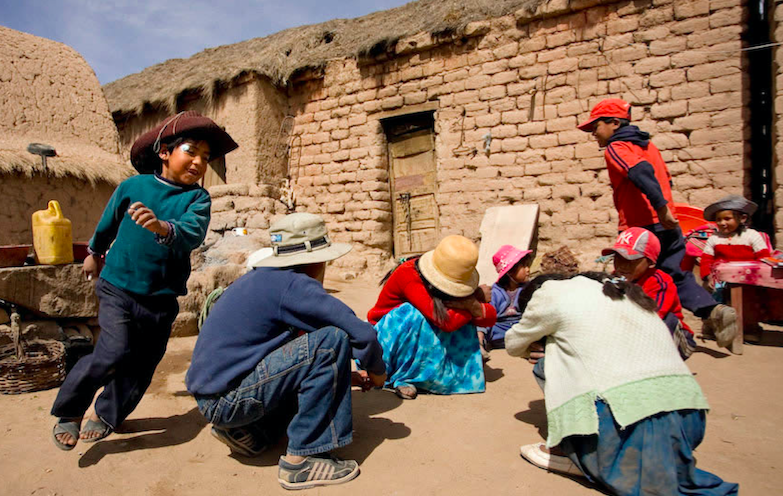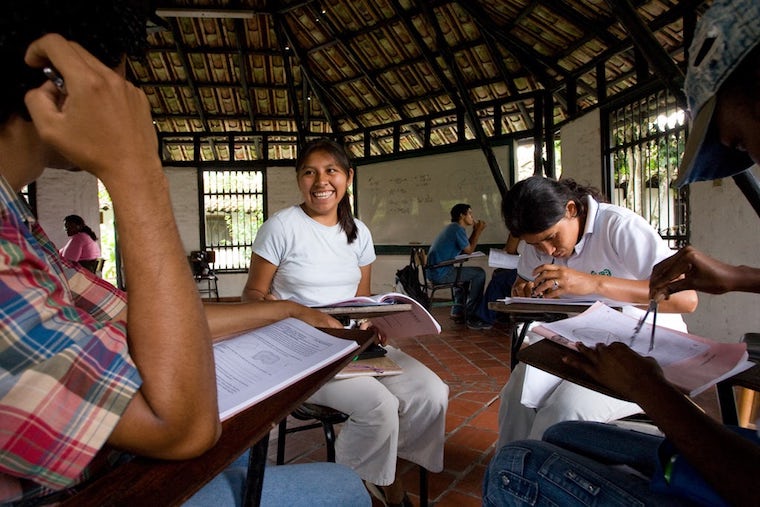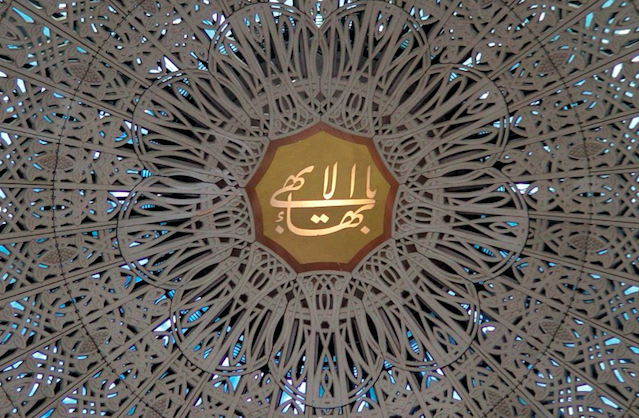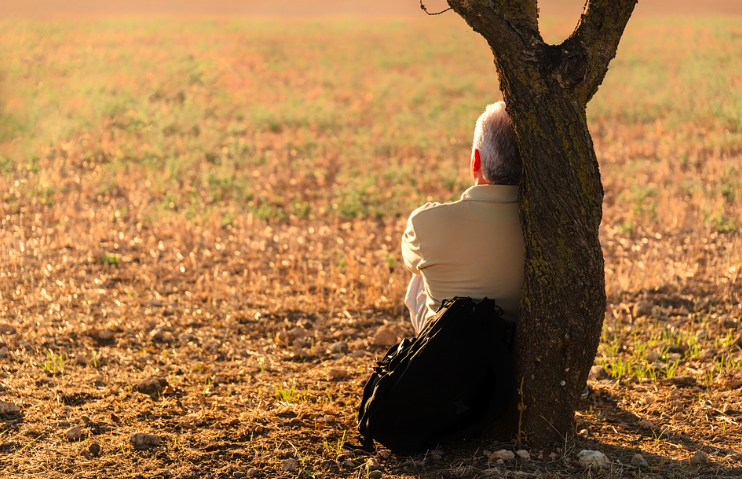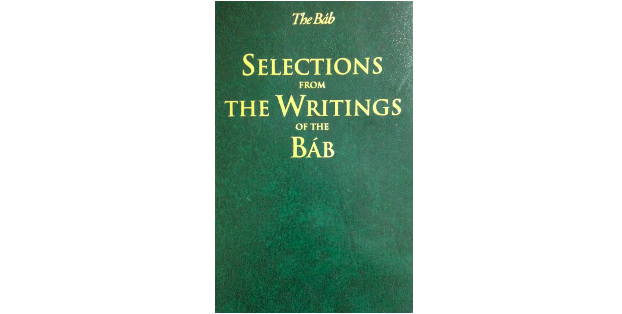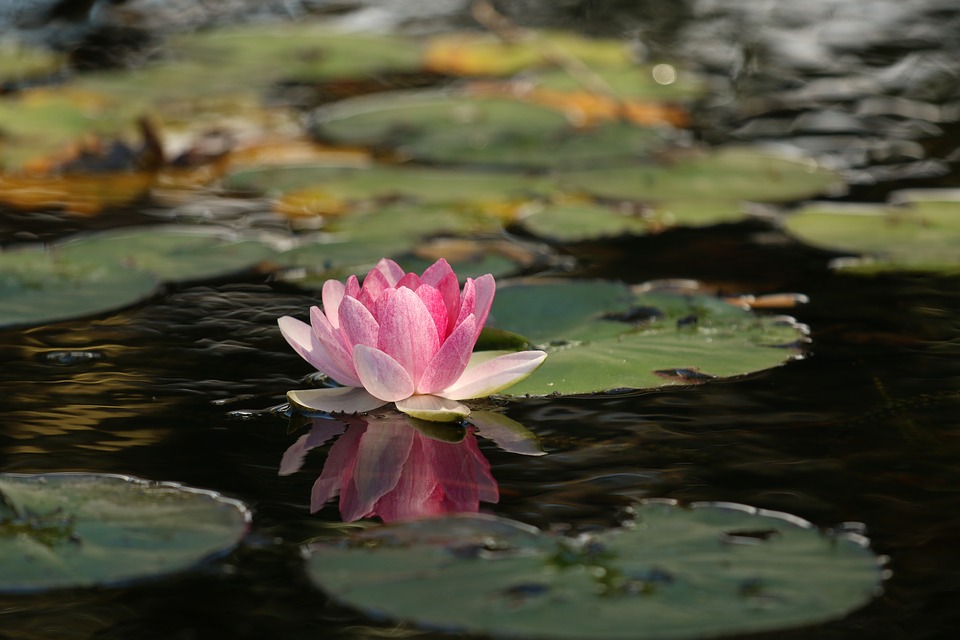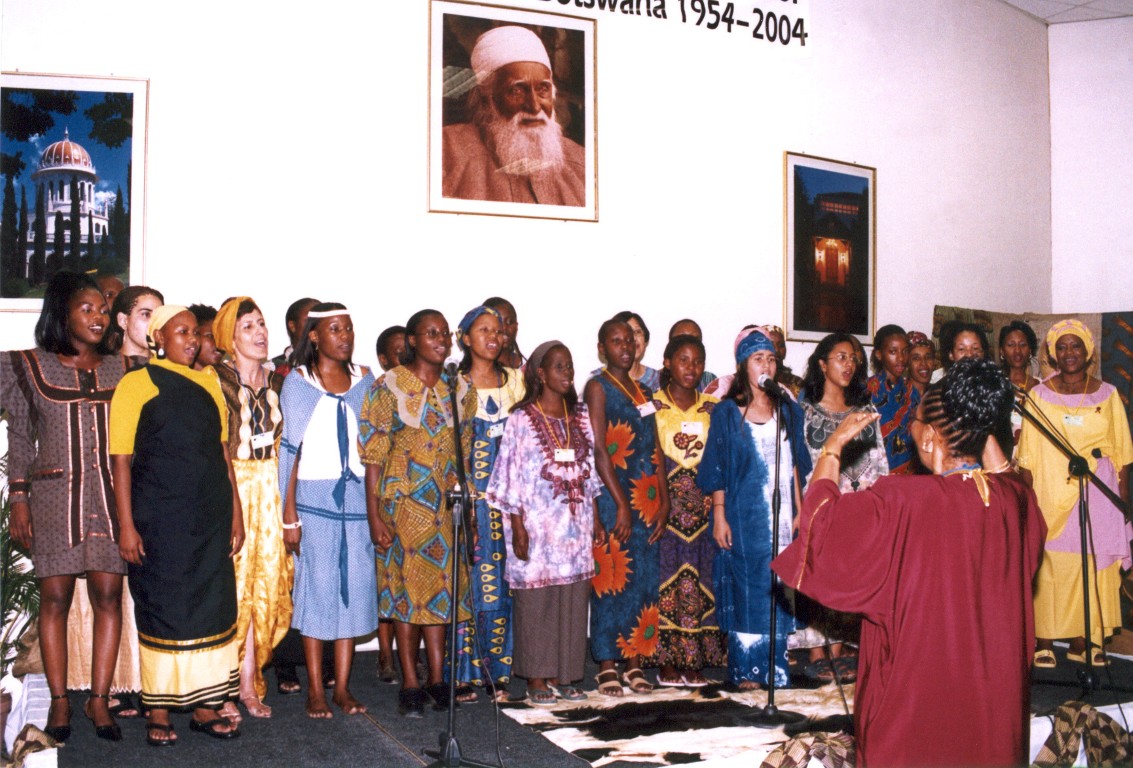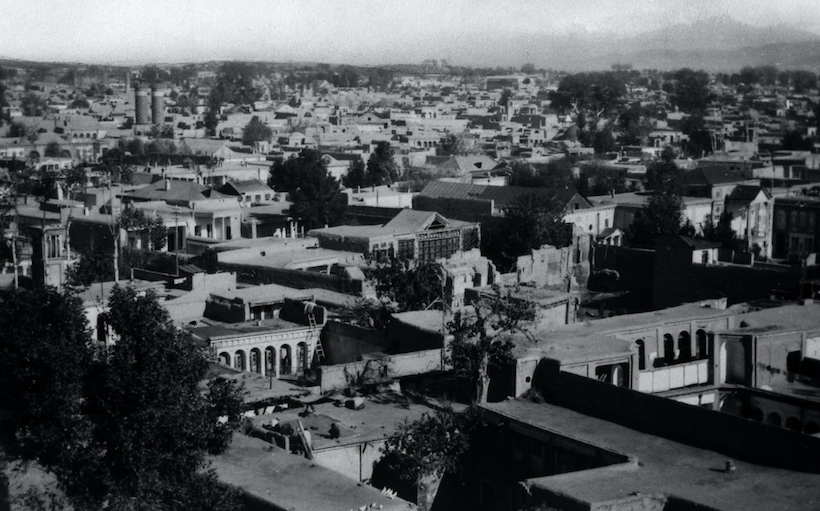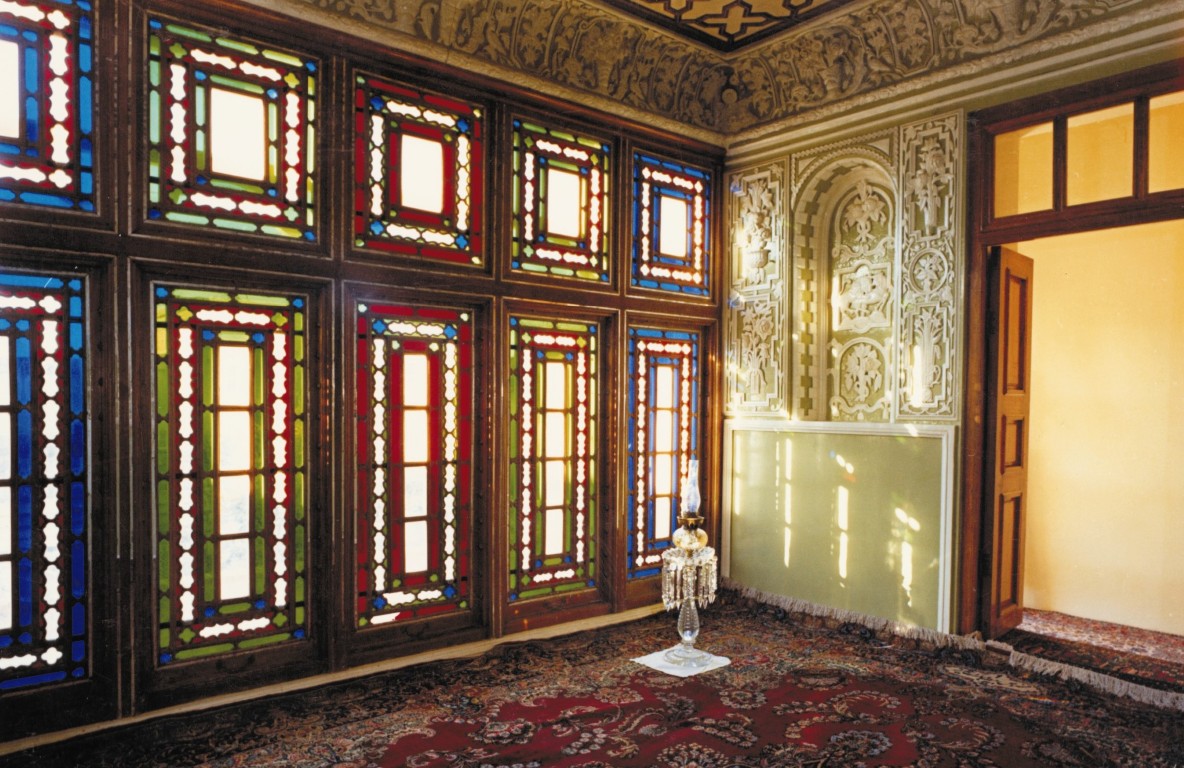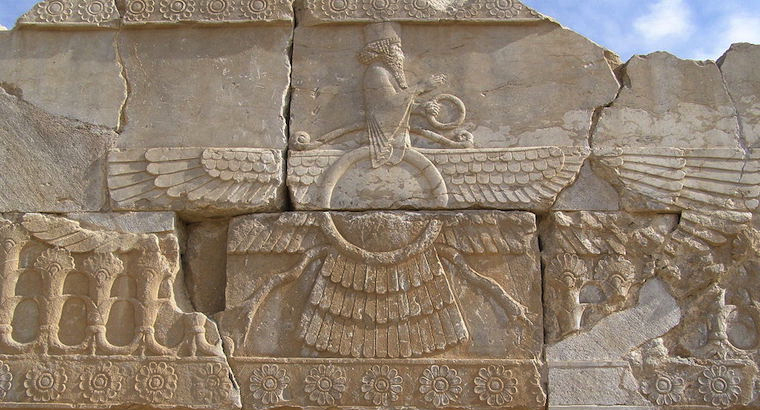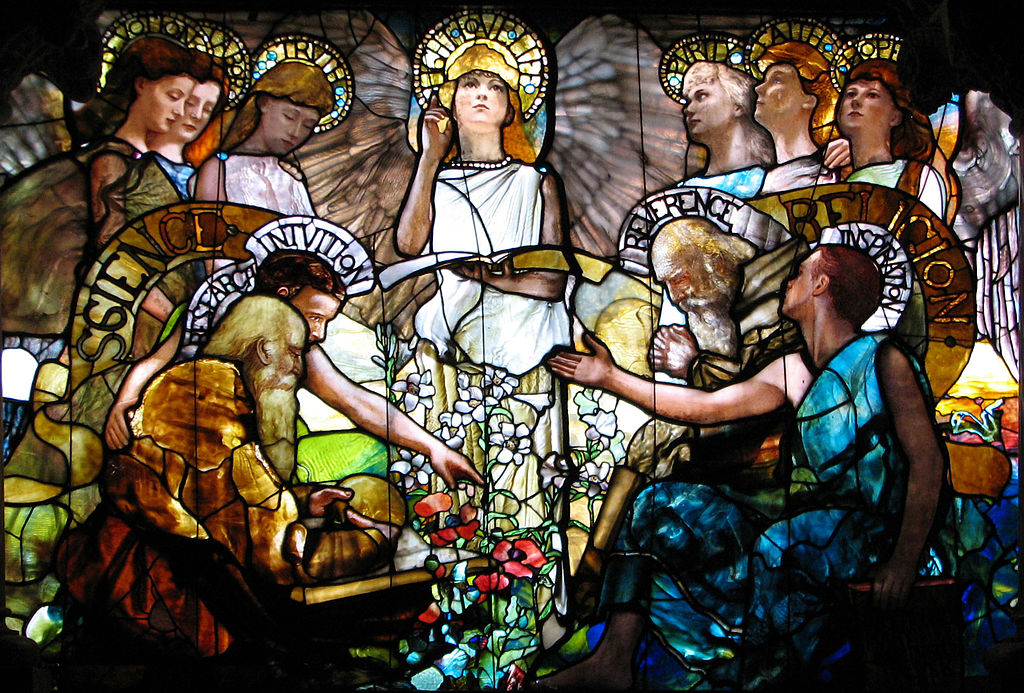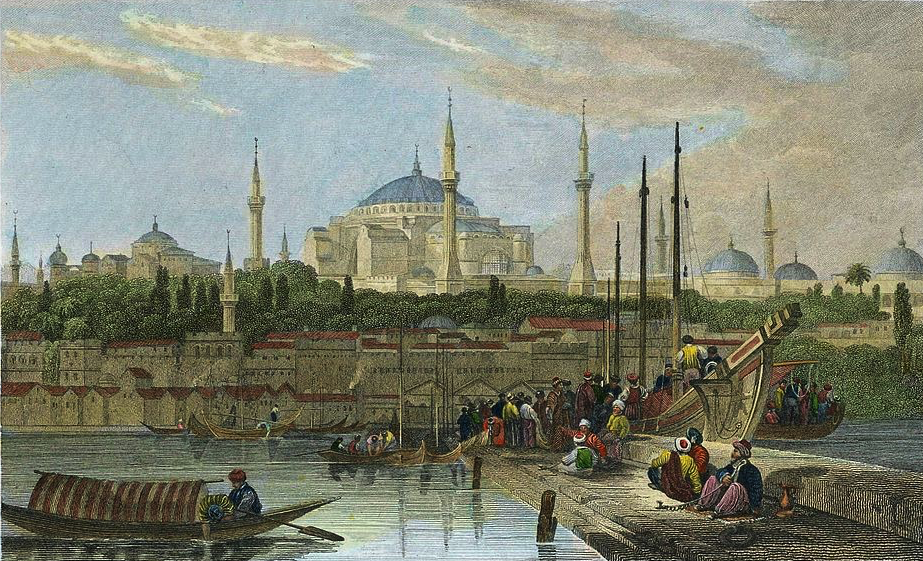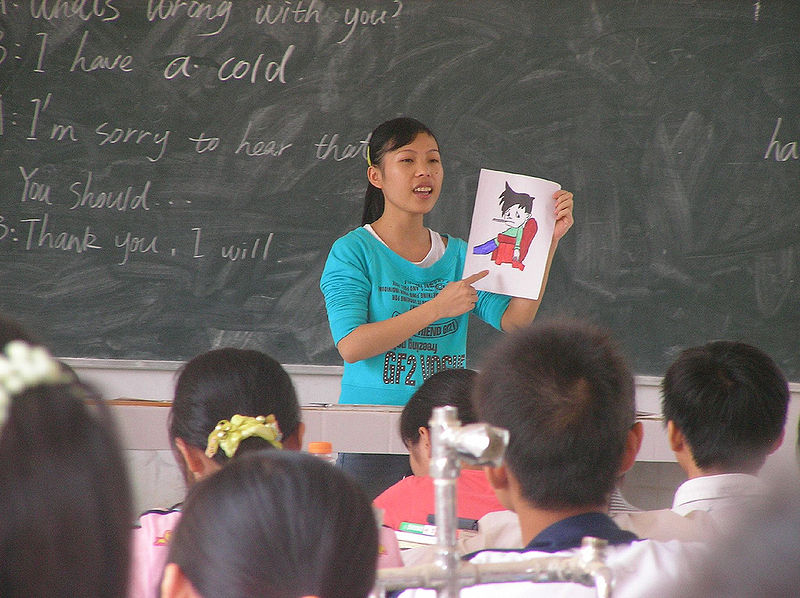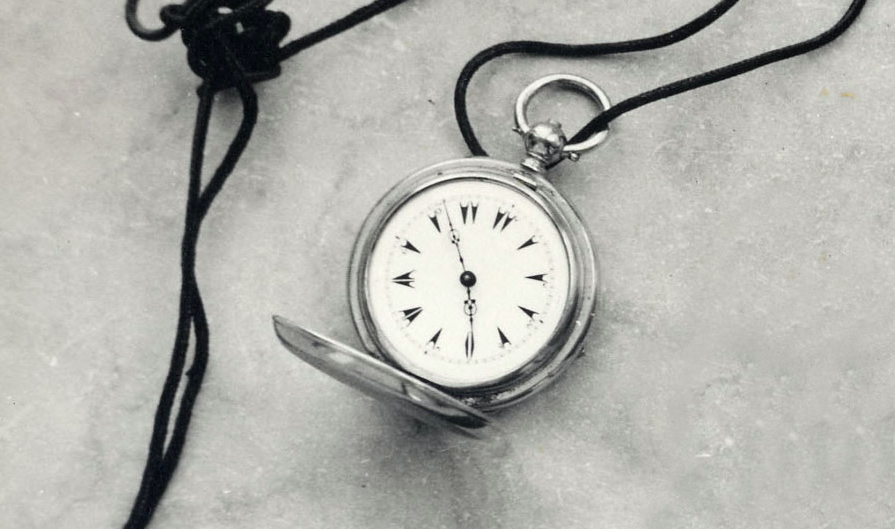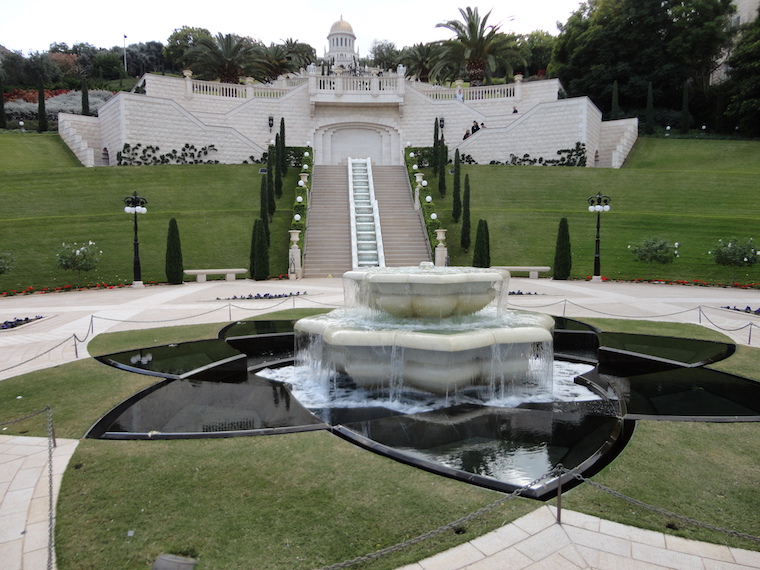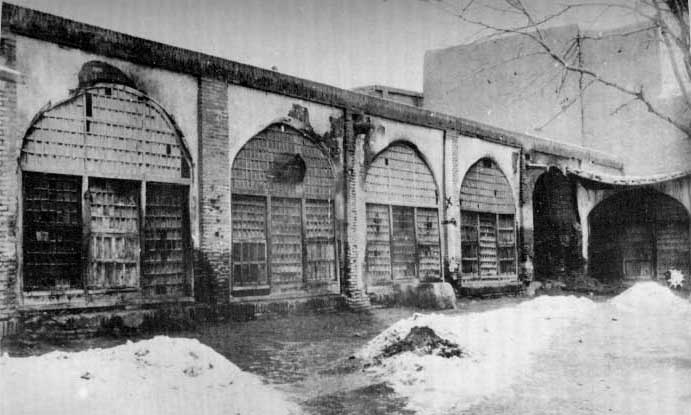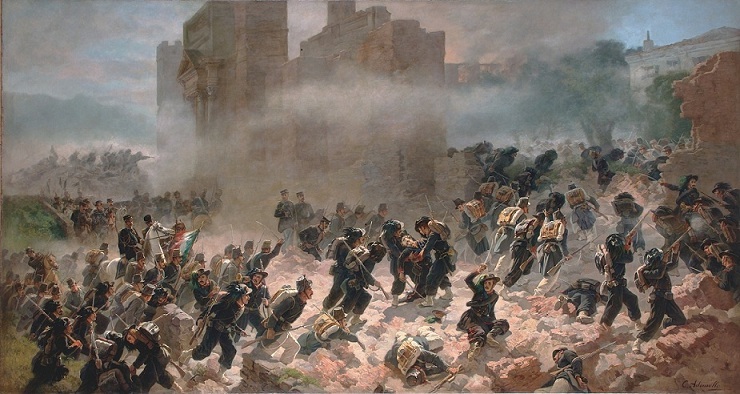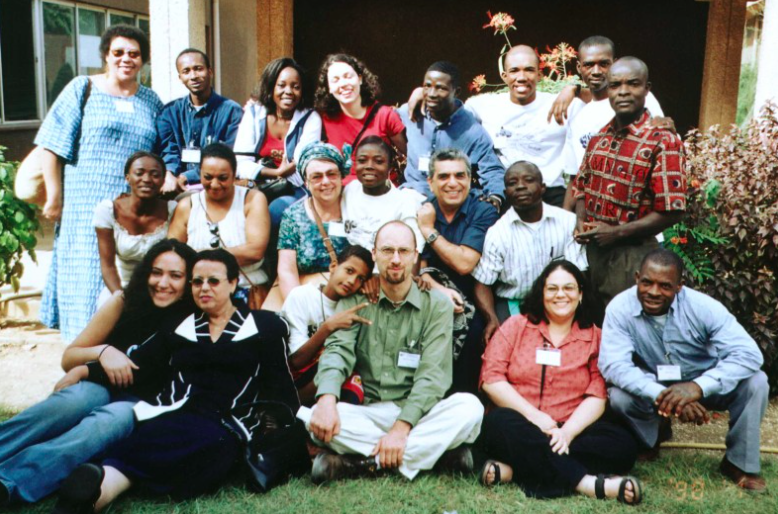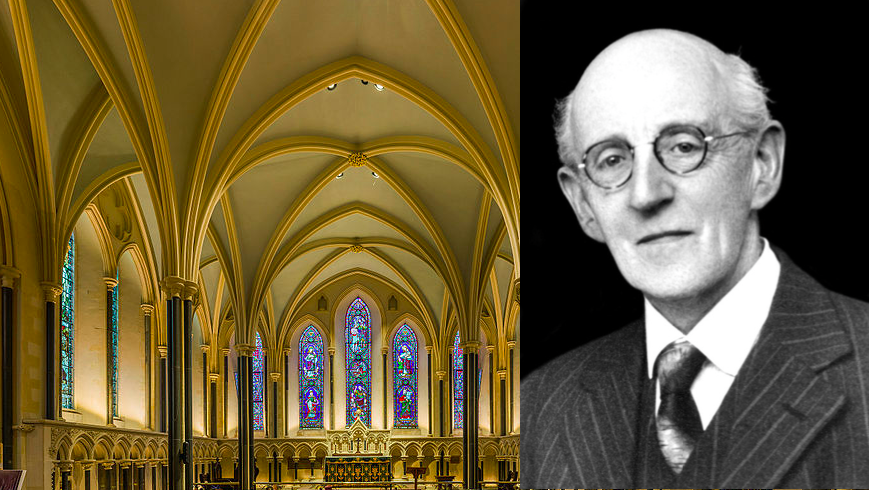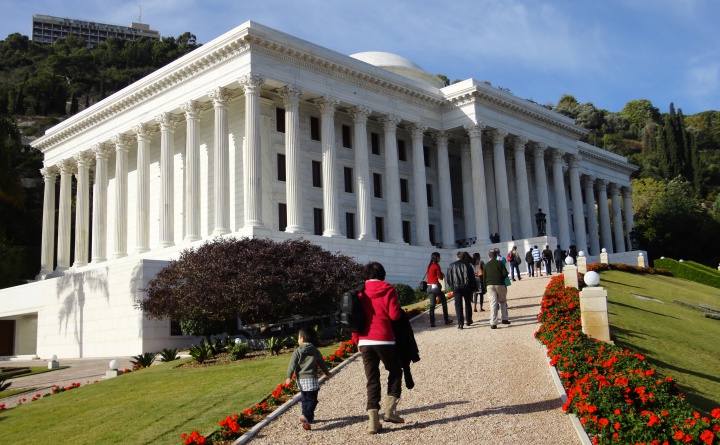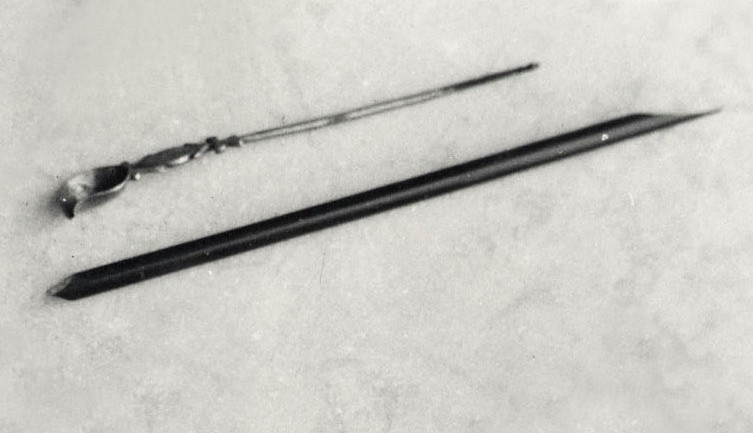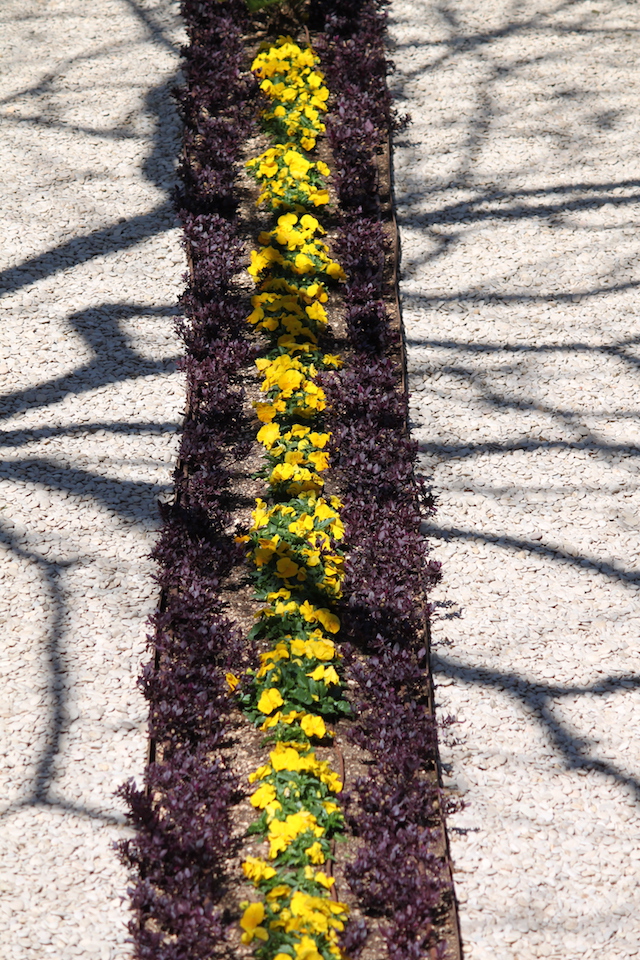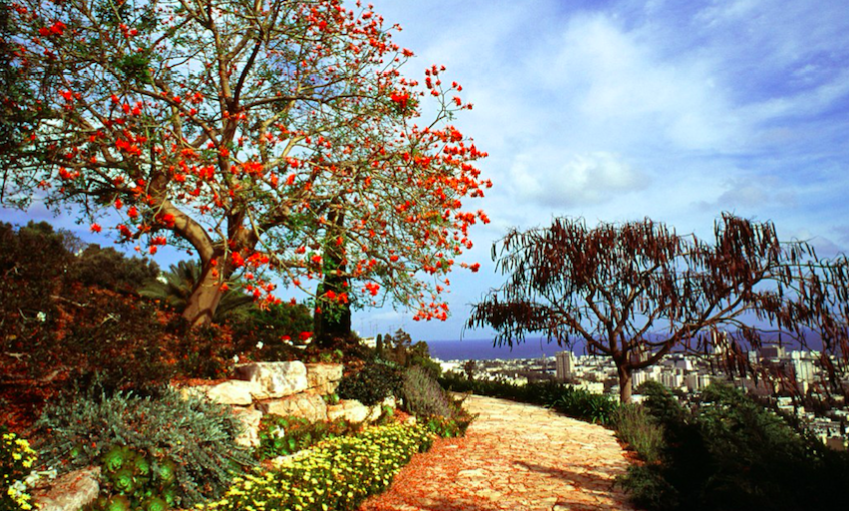-
Human Nature: What Does It Mean to Be Human?
What does it mean to be human? We rarely think about it. Yet implicitly and explicitly our actions are based on assumptions or beliefs about human nature. Are human beings essentially selfish? Are we essentially material beings – animals with enhanced intelligence? Are we defined primarily by our material characteristics, such as our nationality or our gender or age? What, for example, are models of human nature embedded in our legal system? How does society implicitly and explicitly define us? The language we speak, our cultural context, the day to day behaviours we engage in – all are profoundly influenced by ideas about human nature. In an age of media saturation…
-
No Human Being is Unclean
Bahá’u’lláh abolishes the concept of “uncleanness”. In different cultures, at different times, human beings and things have been held to be “unclean” – in the specific case of religion, “ritually unclean”. In 1873, Bahá’u’lláh wrote: God hath … abolished the concept of “uncleanness,” whereby divers things and peoples have been held to be impure.… Verily, all created things were immersed in the sea of purification when, on that first day of Riḍván, We shed upon the whole of creation the splendors of Our most excellent Names and Our most exalted Attributes.[1] Bahá’u’lláh’s purpose in doing so is suggested in the words that follow shortly after: Consort ye then with the followers of all…
-
An Outline of Bahá’u’lláh’s Life
The bare facts of anyone’s life don’t do it justice. Yet they help us put the many complex pieces of the puzzle together and foster understanding. In this series we have dived straight in: exploring concepts, events and writings. Here we will step back and think about the outlines of Bahá’u’lláh’s life. There are two tools that I would like to use for this purpose. One is to refer you to the beautiful pictorial display of Bahá’u’lláh’s life maintained by the Baha’i International Community at bahaullah.org. There you will find a brief chronology, images associated with Bahá’u’lláh’s life and a narrative of key events. The second tool I will use is to adopt ‘Abdu’l-Bahá’s…
-
Bahá’u’lláh’s Love
Rarely does the historical record show us the fullness of Bahá’u’lláh’s human experience. An exception is a moment of love between Bahá’u’lláh and his son, captured in the recollections of Bahiyyih Khanum (Bahá’u’lláh’s daughter). More of that story below. Love is a recurrent theme in Bahá’u’lláh’s writings. Love of the divine, of creation, of humanity. An example is the story of the two lovers Majnun and Layli. The story is an ancient one retold many times, often used to convey love of the divine. In Bahá’u’lláh’s telling Majnun is seeking Layli. It is related that one day they came upon Majnún sifting the dust, and his tears flowing down. They said, “What doest…
-
Troubled Times
It won’t have escaped your attention that we live in troubled times. The sense of uncertainty and unease is palpable even for those of us lucky enough to live at a distance from the world’s conflict zones. The world is suffering and we all know it. Every few days a new shock, a new event seems to edge us closer to even worse disaster. All the while human beings are suffering. We feel moved to respond in some way, but we often feel powerless. Increasingly human beings, communities and institutions are being driven apart. It can be easy to become disheartened, to conclude (as many have done) that human beings are…
-
We Are One – Bahá’u’lláh’s Teachings on the Oneness of Humanity
Shoghi Effendi, the great-grandson of Bahá’u’lláh, described the oneness of humanity as the “pivot” of Bahá’u’lláh’s teachings. When Bahá’u’lláh’s son ‘Abdu’l-Bahá travelled to the West in the early twentieth century, he would often begin his talks with the principle of the oneness of humanity as the first of Bahá’u’lláh’s principles. When the English scholar Edward Granville Browne visited Bahá’u’lláh, towards the end of Bahá’u’lláh’s life, the theme of oneness was at the heart of what he took from Bahá’u’lláh’s words. That all nations should become one in faith and all men as brothers; that the bonds of affection and unity between the sons of men should be strengthened; that diversity of religion…
-
200 Articles in 200 Days for the 200th Anniversary of Bahá’u’lláh’s Birth
21 and 22 October 2017 mark the 200th anniversary of the birth of Bahá’u’lláh, the prophet-founder of the Baha’i Faith. The event will be celebrated around the world. This is the first of what I hope will develop into 200 articles in the days until then. Bahá’u’lláh has been my guide and inspiration for much of my life. And his teachings guide the work and lives of millions of members of the Baha’i Faith who are found in virtually every country. Yet most of humanity still hardly knows of Bahá’u’lláh’s life – let alone being familiar with the concepts embedded in his teachings. Perhaps someone may have heard that he founded the…
